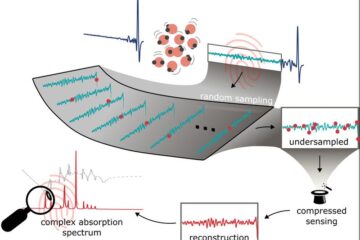New leads in the development of an oral contraceptive for men

Latest research at Oxford University’s Glycobiology Institute has provided new leads towards the development of an oral contraceptive for men. The advantages of the substance at the centre of the research, an alkylated imino sugar (NB-DNJ), are that it does not affect reproductive hormones, its effects are easily reversed and it is undergoing clinical evaluation in other contexts.
NB-DNJ interferes with the development of sperm cells in such a way that they become very poor swimmers, highly inefficient in propelling themselves; in addition, these sperm cells lack some of the specialized structures needed for fertilization.
So far, the treatment has only been tested on mice, which became infertile after three weeks of drug administration. The mice’s levels of testosterone remained unaffected by the treatment, and the contraceptive effect was reversed within four weeks of stopping the drug.
Research has lead the researchers to expect that the dose needed for men would be so low that any potential side effects would be negligible.
Dr Frances Platt, Reader in Glycobiology, who directed the research, said: ‘Our findings illustrate that male fertility can be regulated by a non-hormonal compound which has practically no side effects at the effective dose required in mice. We think that this treatment may work for men because the formation of sperm is very much the same process for all mammals. However we need to evaluate it for men before we know for certain. If we see the same effects, then this could become a potential male contraceptive pill in the future’.
Media Contact
All latest news from the category: Health and Medicine
This subject area encompasses research and studies in the field of human medicine.
Among the wide-ranging list of topics covered here are anesthesiology, anatomy, surgery, human genetics, hygiene and environmental medicine, internal medicine, neurology, pharmacology, physiology, urology and dental medicine.
Newest articles

A novel universal light-based technique
…to control valley polarization in bulk materials. An international team of researchers reports in Nature a new method that achieves valley polarization in centrosymmetric bulk materials in a non-material-specific way…

How evolution has optimised the magnetic sensor in birds
The magnetic sense of migratory birds is probably based on the protein cryptochrome 4, and a genetic study has now provided further support for this theory. A team of researchers…

Molecular Fingerprint Beyond the Nyquist Frequency
Ultrafast laser spectroscopy allows the ascertainment of dynamics over extremely short time scales, making it a very useful tool in many scientific and industrial applications. A major disadvantage is the…





















